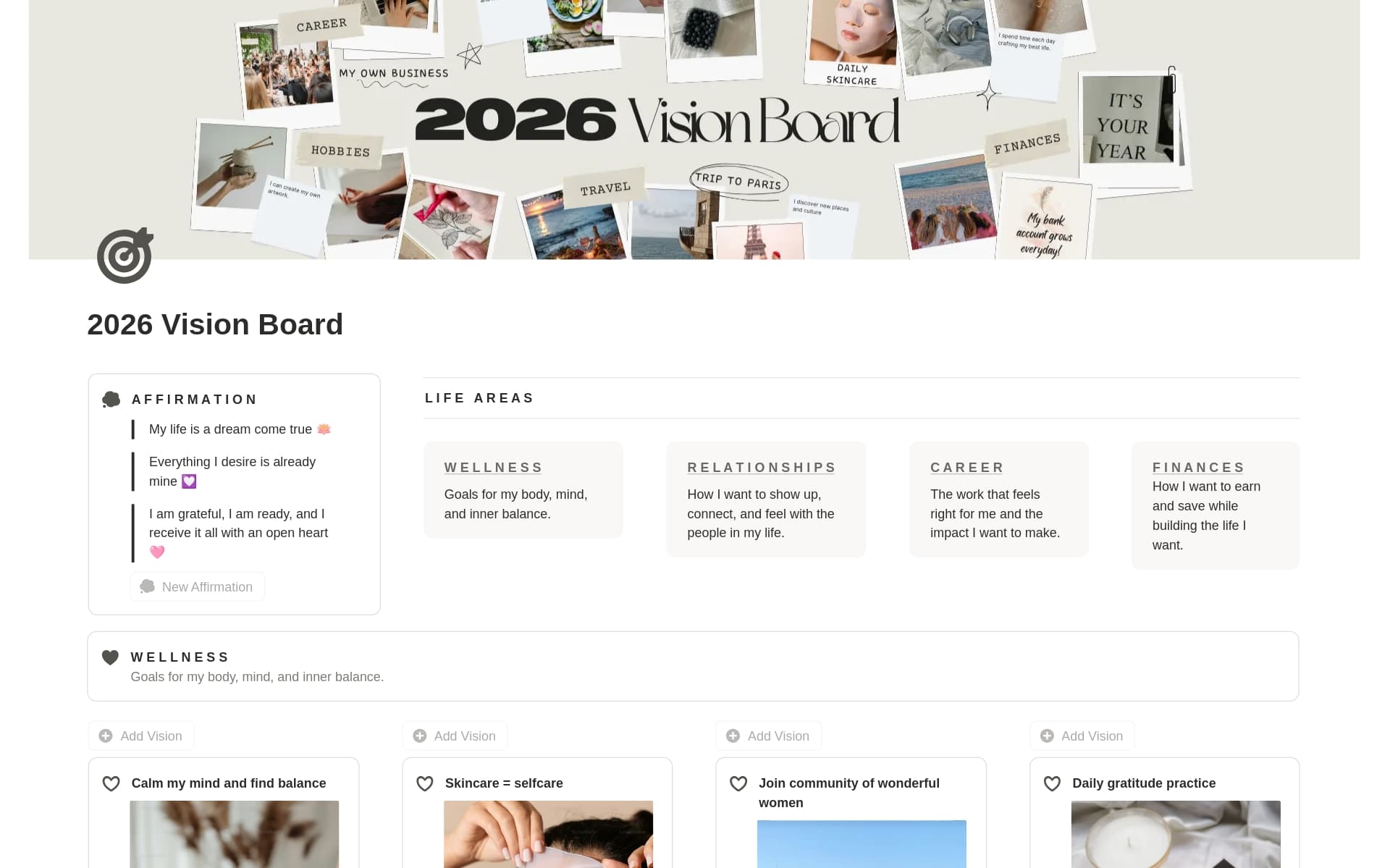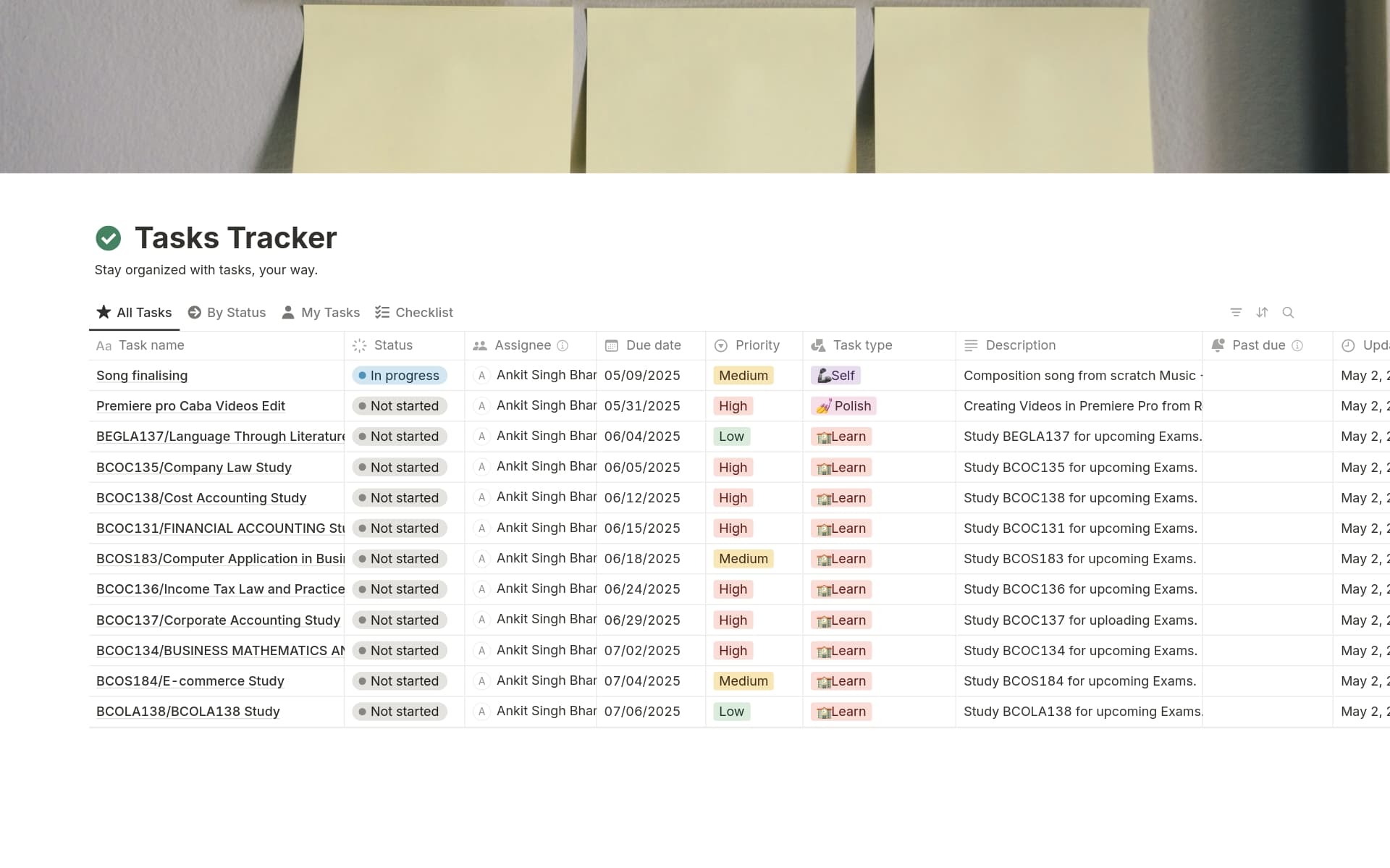Applicant tracking plays a pivotal role in the talent acquisition process by aiding specialists in managing candidate data, streamlining recruitment workflows, and enhancing decision-making efficiency. An Applicant Tracking template in Notion can simplify this process, making it easier to organize applications, evaluate candidates, and track the recruitment progress in a centralized location. Before diving into creating your own Applicant Tracking system, it's beneficial to explore these Notion templates designed to ease this complex task.
What Should Applicant Tracking Templates Include?
Choosing the right Applicant Tracking Template can streamline the recruitment process significantly. Here are key components to look for in an effective template:
Candidate Information Management: This should include fields to store comprehensive details about candidates, such as contact information, resume, cover letter, and application status.
Interview Scheduling: A good template will have features to help coordinate interview times, track the interview stage, and record feedback from interviewers.
Job Position Tracking: It should allow you to manage different job openings, descriptions, and requirements, making it easy to match candidates to suitable positions.
Reporting and Analytics: Look for templates that offer customizable reporting tools to analyze the effectiveness of your recruitment process and improve decision-making.
With these components, a template not only organizes the hiring process but also enhances the efficiency and effectiveness of your talent acquisition strategy.
What Should Applicant Tracking Templates Avoid?
Choosing the right applicant tracking template is crucial for streamlining the recruitment process effectively. However, certain features can complicate or hinder this process rather than help. Here are three key components to steer clear of:
Overly Complex User Interface: Templates with complicated designs can slow down your recruitment process. Opt for simplicity to ensure ease of use for all team members.
Non-Customizable Fields: Avoid templates that don't allow you to modify fields. Every organization has unique needs, and flexibility in your template is essential for tailoring the tracking process to your specific requirements.
Limited Reporting Capabilities: Templates that do not offer robust reporting tools can hinder your ability to analyze and improve your hiring process. Ensure the template can generate detailed reports to track various metrics effectively.
Remember, the goal is to make your recruitment process as efficient and effective as possible. Choosing a template that is simple, customizable, and rich in features will help you achieve that.




